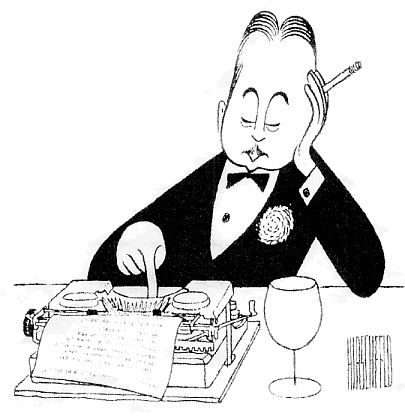“I was born in Havana, the capital of the Island of Cuba,” he says, “the 19th of November, 1888. I was not yet five years old when by accident I came into my father’s private office and found him playing with another gentleman. I had never seen a game of chess before; the pieces interested me and I went the next day to see them play again. The third day, as I looked on, my father, a very poor beginner, moved a Knight from a white square to another white square. His opponent, apparently not a better player, did not notice it. My father won, and I proceeded to call him a cheat and to laugh.”
Imagine the feelings of a young boy entering his father’s private office and seeing a man whom he had been brought up to love and to revere moving a Knight from one white square to another. It is a wonder that the boy had the courage to grow up at all with a start in life like that.
But he did grow up, and at the age of eight, in spite of the advice of doctors, he was a frequent visitor at the Havana Chess Club. As he says in describing this period of his career, “Soon Don Celso Golmayo, the strongest player there, was unable to give me a rook.” So you can see how good he was. Don Celso couldn’t give him a rook. And if Don Celso couldn’t, who on earth could?
In his introduction, Mr. Capablanca (I wish that I could get it out of my head that Mr. Capablanca is possibly a relation of the Casablanca boy who did the right thing by the burning deck. They are, of course, two entirely different people)—in his introduction, Mr. Capablanca says:
“Conceit I consider a foolish thing; but more foolish still is that false modesty that vainly attempts to conceal that which all facts tend to prove.”
It is this straining to overcome a foolish, false modesty which leads him to say, in connection with his matches with members of the Manhattan Chess Club. “As one by one I mowed them down without the loss of a single game, my superiority became apparent.” Or, in speaking of his “endings” (a term we chess experts use to designate the last part of our game), to murmur modestly: “The endings I already played very well, and to my mind had attained the high standard for which they were in the future to be well known.” Mr. Capablanca will have to watch that false modesty of his. It will get him into trouble some day.

